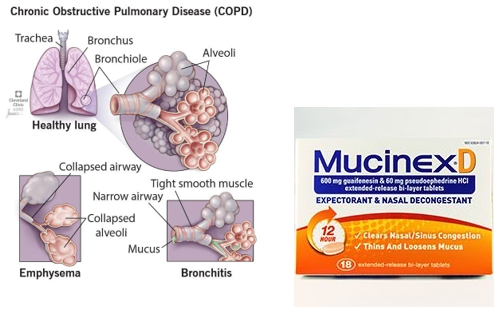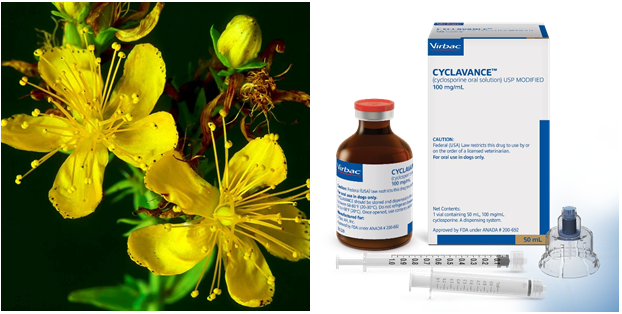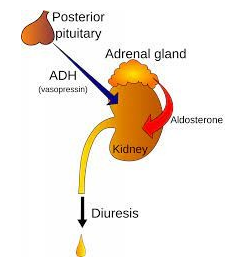The nurse is preparing a client with Chronic Obstructive Pulmonary Disease (COPD) and a chronic productive cough for discharged home.
Which prescribed medication should the nurse review with the client to manage this symptom?
Salmeterol
Tiotropium
Prednisone
Guaifenesin
The Correct Answer is D
Guaifenesin is an expectorant that helps to loosen and thin mucus in the airways, making it easier to cough up. It is commonly used to manage symptoms of a chronic productive cough in conditions such as COPD.
Salmeterol and Tiotropium are both bronchodilators that help to open up the airways and improve breathing in COPD, but they are not specifically indicated for managing a chronic productive cough.
Prednisone is a corticosteroid that can help reduce inflammation in the airways and improve breathing in COPD exacerbations, but it is not typically used for managing a chronic productive cough.

Nursing Test Bank
Naxlex Comprehensive Predictor Exams
Related Questions
Correct Answer is B
Explanation
Cyclosporine is an immunosuppressive medication commonly used to prevent graft rejection after organ transplantation. St. John's Wort is known to induce cytochrome P450 enzymes, which can increase the metabolism and decrease the effectiveness of many medications, including cyclosporine. This interaction can lead to decreased plasma concentrations of cyclosporine, which can increase the risk of graft rejection. Therefore, it is important to advise the client to discontinue the use of St. John's Wort and inform their healthcare provider about any herbal or supplement use to prevent potential interactions with prescribed medications. Options a, c, and d are not directly related to the client's current condition and are not as significant as option b.

Correct Answer is C
Explanation
Diabetes insipidus is a condition in which the kidneys are unable to conserve water, leading to excessive thirst and urination. It is treated with antidiuretic hormone (ADH), which helps the kidneys retain water and reduce urine output. When caring for a client with diabetes insipidus who is receiving ADH intranasally, it is important for the nurse to monitor the client’s serum osmolality.
Osmolality is a measure of the concentration of particles in a solution and can provide information about the client’s hydration status.
Monitoring serum osmolality can help determine if the ADH therapy is effective in managing the client’s diabetes insipidus.

Whether you are a student looking to ace your exams or a practicing nurse seeking to enhance your expertise , our nursing education contents will empower you with the confidence and competence to make a difference in the lives of patients and become a respected leader in the healthcare field.
Visit Naxlex, invest in your future and unlock endless possibilities with our unparalleled nursing education contents today
Report Wrong Answer on the Current Question
Do you disagree with the answer? If yes, what is your expected answer? Explain.
Kindly be descriptive with the issue you are facing.
